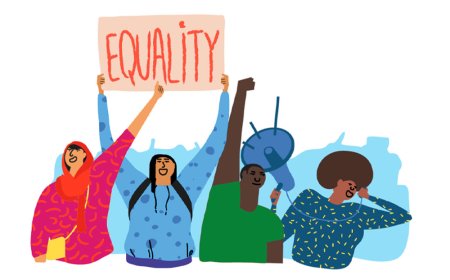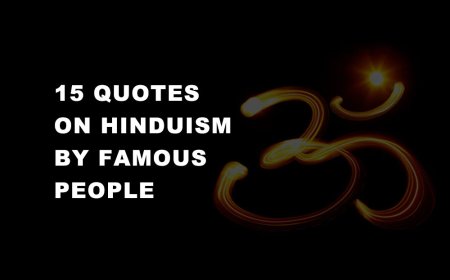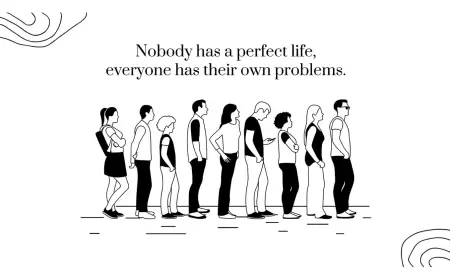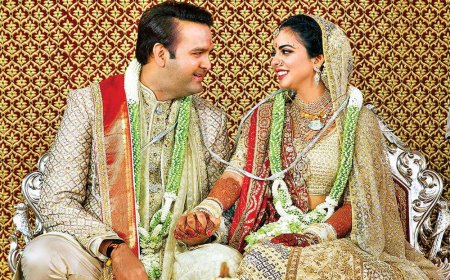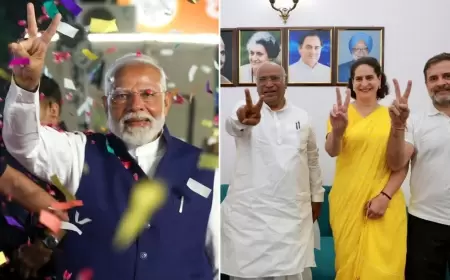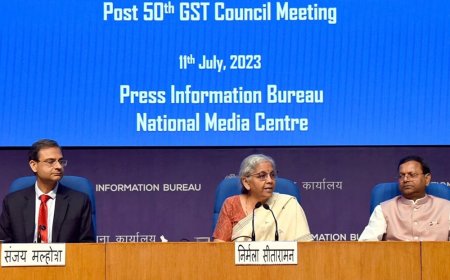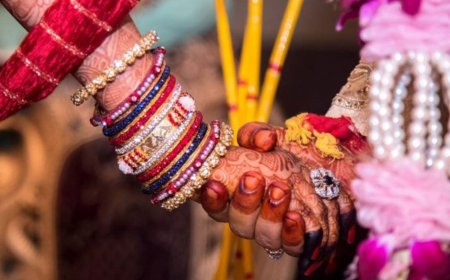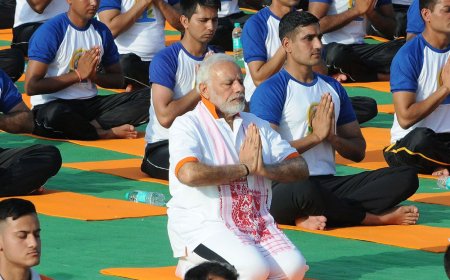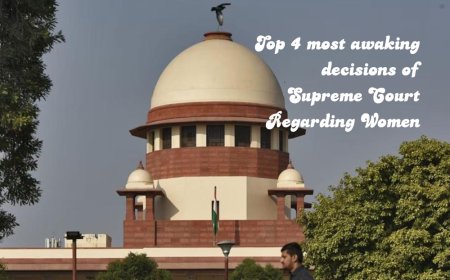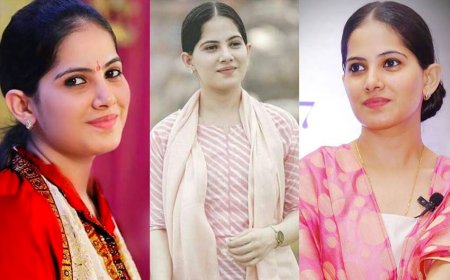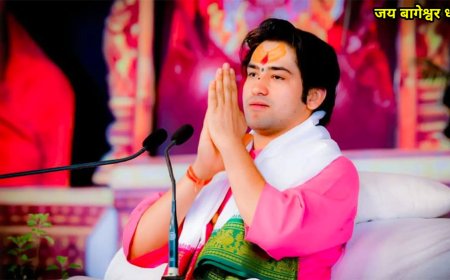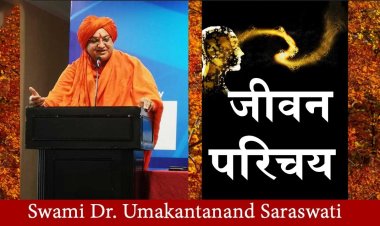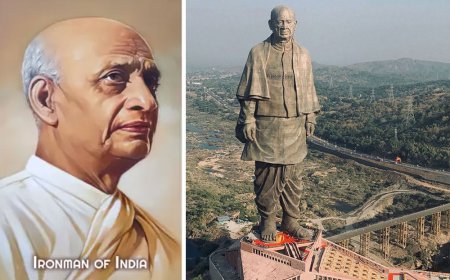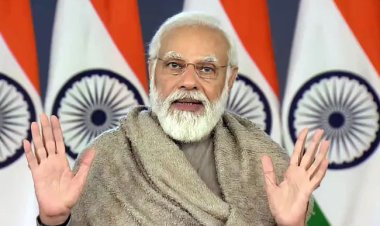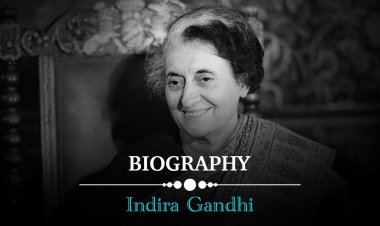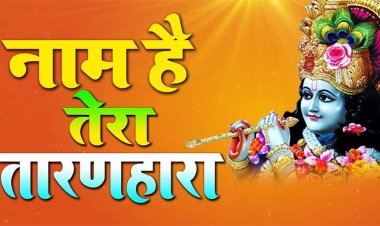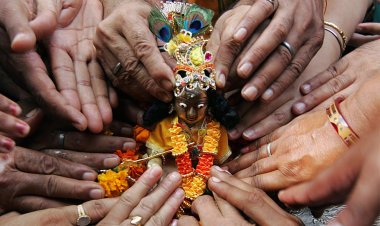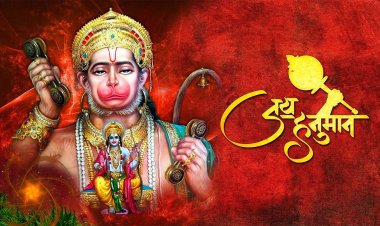The Debate on Uniform Civil Code (UCC) India's Way to Judicial uniformity?
The debate in the case of the Uniform Civil Code (UCC) in India sums up the fragile balance between protecting religious and cultural diversity and fostering constitutional values of equality and secularism. As India continues to evolve on social and political lines, UCC is a scorching issue that can redefine the legal landscape of the nation.

The debates for the Uniform Civil Code (UCC) are once again leading to a renewal in India in which debates have been going on since this country gained independence. Uniform Civil Code refers to a common body of civil laws governing personal issues such as marriage, divorce, inheritance, and adoption applicable to all citizens, without any religion. This has led to inevitable reactions in the form of staunch support and opposition from various quarters as India seems to be embracing diversity in culture, tradition, and religious practices.
Uniform Civil Code (UCC)
Uniform Civil Code refers to a move to replace personal laws in different religions by one uniform civil code applicable to all citizens. Presently, personal laws in India are based on the religious customs and texts.
Personal Laws in India
Personal laws in India, at present, remain an integral part of the religious-cum-cultural identity of people. These personal laws in India, at present, remain different with regard to laws within each religion.
- Hindu Personal Law: Covers all the Hindus, Buddhists, Sikhs, and Jains under the Hindu Marriage Act and the Hindu Succession Act.
- Muslim Personal Law: Covers all the things related to marriage, inheritance, and divorce according to the Koran and is governed by the Muslim Personal Law (Shariat) Application Act.
- Christian Personal Law: All the Christians are covered under the Indian Christian Marriage Act and the Indian Divorce Act.
- Parsi Personal Law: It is governed by Parsi Marriage and Divorce Act for Parsis.
A UCC would amalgamate these separate legal structures and bring uniformity in personal laws and ensure equality among all citizens of law and order.
Importance of UCC
The principles of the Uniform Civil Code have been added to Directive Principle Article 44 of the Indian Constitution. This directs the state towards establishing a uniform personal law applicable for all citizens without any religious and cultural differences. Here are some of the reasons why it is important for UCC:
An important argument in support of UCC is that it would be capable enough to establish equality among the genders by eradicating discriminatory practices found in some religious personal laws. For example, the law varies quite extensively from religion to religion, especially in matters of inheritance and divorce; sometimes, the very laws may work against women's rights. A UCC will establish one uniform legal law that will give equal rights to all genders.
It would also lead to national integration on the assumption that a UCC would remove legal divisions between Hindus and others, therefore, promoting national unity. India is an integral country with various diversities, and the aim of having a uniform set of laws would unify people and create a sense of equality and secularism under the constitutional ideal, which applies equal treatment to one and all.
Secularism: India is a secular country, which means the state does not favor any religion. A UCC would fortify the secular fabric of the nation by setting forth the fact that the statute books bind them all equally regardless of religion. Uniformity in legal matters would thus be maintained and any religious law capable of violating the fundamental rights of any citizen would be prevented from doing so.
The use of UCC will streamline the Indian system. In the present scenario, due to different sets of personal laws governing different communities, confusion, delay, and disputes in court proceedings arise. All these complexities will be eliminated if a UCC brings one legal framework under it.
Challenges faced in Implementing UCC:
Although the idea of a Uniform Civil Code sounds highly appealing, it has faced strong resistance from mostly religious groups and minority communities, dreading loss of their cultural and religious identity.
- Religious Sentiments: The personal laws are viewed by most communities as inseparable from religious life and practices. Many are downright apprehensive that UCC may undermine religious liberties and force communities to give up all time-honored customs and traditions. In fact, the Muslim community has vociferously opposed it with fear that a UCC would render hollow Islamic practices such as Sharia Law divorces similar to Triple Talaq, which is set aside by law.
- Cultural Diversity: Strength lies in diversity. India has evolved under a legacy of centuries-old customs and culture. A UCC would thus force a change that ignores the diversity of nations, trying to fit all into an amorphous one-size-all.
- Political Opposition: The question of UCC has always been politically highly charged. As the BJP continues to be a votary for UCC as part of its broader vision towards national integration and secularism, opposition parties and other regional groups feel that it might foster social unrest inasmuch as pushing for such a code might be seen as an imposition by the majority community over the minorities.
- Lack of Consensus: India has witnessed efforts to introduce UCC in practice, but they have failed due to the lack of consensus across the lines of politics, religion, and society. To many people, it feels that such a code needs broad-based discussions and agreements across communities. These have been out of reach so far.
Recent Developments in the UCC Debate
The debate over the UCC has gained new momentum with a sequence of steps taken by the Law Commission of India in 2024. It did so by soliciting public opinion over its implementation. This, indeed, saw a very significant step towards building the debate on UCC and gauging the subsequent public mood. Further, several states already have some form of UCC going on, where common family law governs all citizens, irrespective of religion.
The government has re-iterated its commitment to the roll out of UCC, with it maintaining that it will eliminate legal inequalities and promote national unity. However, since opposition parties and religious organizations have expressed their reservations ahead of potential social unrest and need for thoughtful consideration before rolling out such comprehensive legal reforms, the question on everyone's mind remains: can UCC become a reality?
The Uniform Civil Code has always been a contentious issue in India. While it may seem to inspire the confluence of equal law, like constitutional values of equality and justice for all, the country's deeply ingrained religious and cultural diversity forms a big obstacle.
It is high time to move forward with broad-based consultations that include all the stakeholders, particularly in terms of religious sensitivities while getting across the much-needed legal reform. Probably one way would be the phased implementation of UCC, starting with marriage and inheritance and gradually being accepted and adapted.
On the other hand, on issues of gender justice and national unity, the effects of UCC can be used to inform potentially reduce and increase consensus by working on attitudes that fuel people's fears.
Conclusion
The debate in the case of the Uniform Civil Code (UCC) in India sums up the fragile balance between protecting religious and cultural diversity and fostering constitutional values of equality and secularism. As India continues to evolve on social and political lines, UCC is a scorching issue that can redefine the legal landscape of the nation.
Although the road ahead to the introduction of UCC is beset with many impediments, the growing requirement for legal uniformity and gender justice calls for a great probability that the concept would continue to be an issue of immense importance in the horizon of the legal and political discourse of India.
UCC Future: Delicate Balance between Law Reform and Respect for Diversity of Culture
The future of UCC lies in striking the perfect balance between forward-looking law reform and respect for the country's diverse cultural fabric.
- The Uniform Civil Code (UCC) contemplates the establishment of uniform personal laws in respect of all religions in India.
- UCC advocates equality, gender justice, and national integration.
- Religious and cultural sensitivities are an important major challenge for the implementation of UCC.
- The 2024 Law Commission approached public opinion on UCC to reactivate the debate.
- Consensus among communities is the key to successful and effective implementation of UCC.
What's Your Reaction?
 Like
0
Like
0
 Dislike
0
Dislike
0
 Love
0
Love
0
 Funny
0
Funny
0
 Angry
0
Angry
0
 Sad
0
Sad
0
 Wow
0
Wow
0











